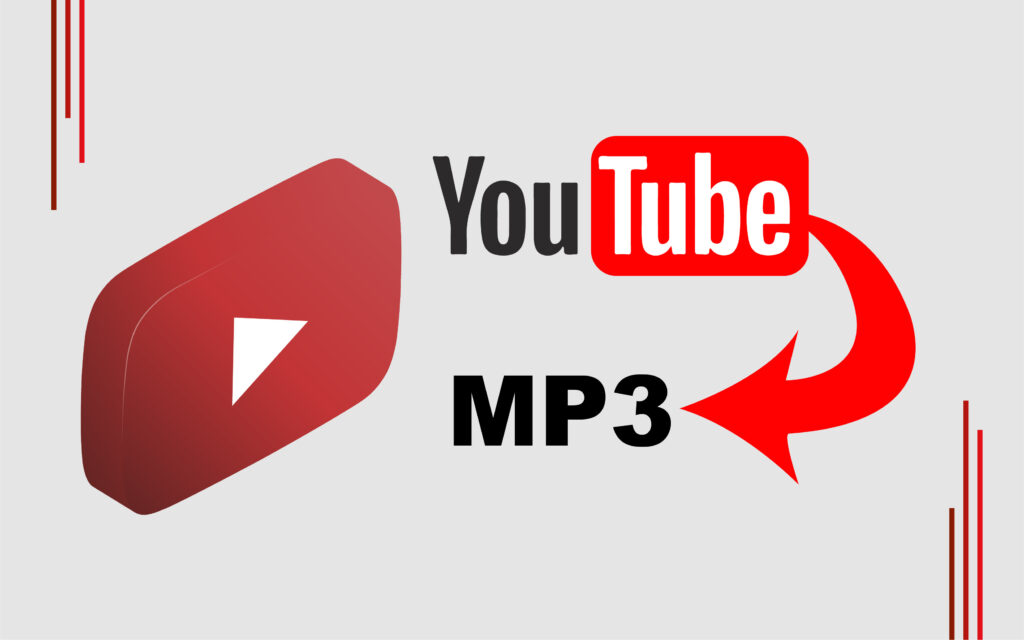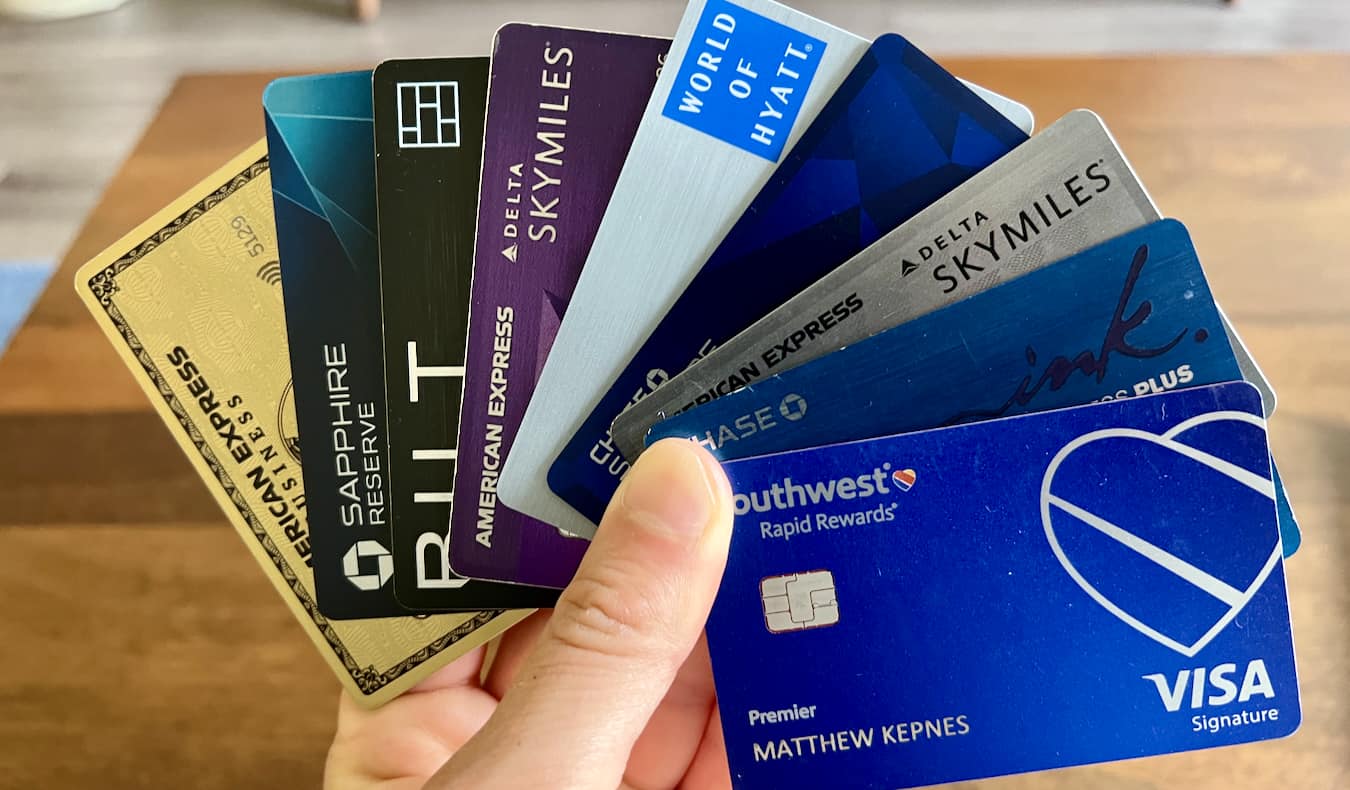In the digital age, where music and video content are readily available online, YouTube has emerged as a powerhouse platform for accessing a vast array of media. While YouTube offers a convenient way to stream content, many users also seek ways to convert YouTube videos to MP3 format for offline listening. However, navigating the world of YouTube converters requires caution and awareness of best practices to ensure legality, safety, and optimal user experience. In this article, we delve into the intricacies of using YouTube to MP3 converters and explore the best practices to follow.
Understanding YouTube to MP3 Converters
Before delving into best practices, it’s essential to understand what YouTube to MP3 converters are and how they function. These online tools allow users to extract audio from YouTube videos and convert it into MP3 format, which can then be downloaded and saved on various devices for offline playback. While the primary purpose of these converters is to provide convenience for users who wish to enjoy their favorite music or audio content offline, their usage raises several ethical and legal considerations.
Respecting Copyright Laws
One of the most critical aspects of using YouTube Converter is adhering to copyright laws and respecting the rights of content creators. YouTube is home to a vast amount of copyrighted material, including music, videos, and other audiovisual content. Downloading and distributing copyrighted material without proper authorization infringes upon the rights of content creators and is illegal in many jurisdictions.
Use Authorized Sources
To ensure compliance with copyright laws and support artists and content creators, users should only use MP3 converters for content that is legally available for download or falls under fair use provisions. Authorized sources include videos that are explicitly labeled for free download by the creator or those that are licensed under Creative Commons. Users should exercise caution and avoid downloading copyrighted material without permission, as it can result in legal consequences.
Choose Reputable Converter Tools
When selecting a YouTube converter, it’s crucial to choose reputable and trustworthy tools to avoid malware, viruses, and other security risks. Opt for well-established converter websites with positive user reviews and a track record of reliability. Avoid websites that bombard users with intrusive ads, require software downloads, or ask for personal information, as these may be indicators of potential security threats.
Verify the Legitimacy of the Converter
Before using a YouTube converter, take the time to verify its legitimacy and legality. Check whether the website complies with copyright laws and respects the rights of content creators. Look for information regarding the converter’s terms of service, privacy policy, and compliance with digital copyright regulations. Additionally, research the reputation of the converter and ensure that it is not associated with piracy or copyright infringement.
Exercise Caution with Third-Party Apps
While there are many online converter tools available, some users may prefer to use third-party applications or browser extensions for downloading YouTube videos as MP3 files. While these tools may offer additional features and convenience, users should exercise caution and thoroughly research the app or extension before downloading it. Verify that the app is reputable, free from malware, and complies with copyright laws.
Respect Content Creator Preferences
Content creators on YouTube have the option to enable or disable the downloading of their videos. Respect the preferences of content creators regarding the availability of their content for offline use. If a creator has disabled downloads for their videos, refrain from using MP3 converters to extract audio from their content without permission. Instead, consider supporting the creator through other means, such as purchasing their music or subscribing to their channel.
Educate Yourself on Fair Use
Fair use is a legal doctrine that allows for the limited use of copyrighted material without permission from the copyright holder under certain circumstances, such as for criticism, commentary, news reporting, teaching, scholarship, or research. Educate yourself on the principles of fair use and understand how it applies to the content you wish to convert using YouTuben converters. Exercise caution and seek legal advice if you are unsure whether your use of copyrighted material qualifies as fair use.




